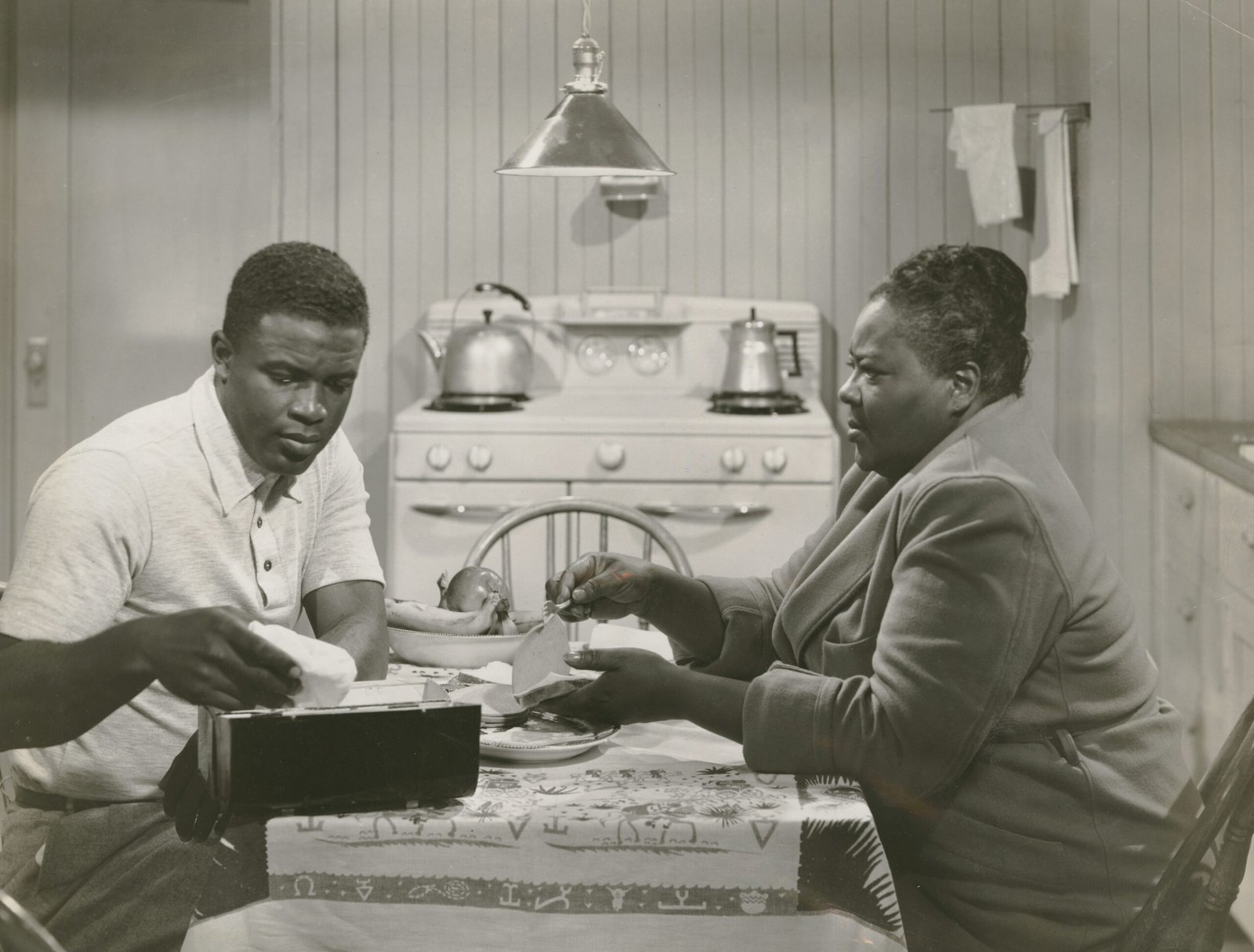Introduction
In 1942, a significant event took place in the world of sports that would forever change the landscape of American baseball. This event involved a talented and determined athlete named Jackie Robinson. Robinson’s journey and the impact he made on the sport and society are worth exploring in detail.
Early Life and Athletic Prowess
Jackie Robinson was born on January 31, 1919, in Cairo, Georgia. Growing up in a racially segregated society, he faced numerous challenges and injustices. However, his love for sports, particularly baseball, remained unwavering.
Robinson excelled in various sports during his high school years in Pasadena, California. His athletic prowess was evident, and he quickly gained recognition for his exceptional skills on the field. After graduating from high school, Robinson attended Pasadena Junior College, where he continued to excel in multiple sports, including football, basketball, and track and field.
The Military and the Negro Leagues
With the outbreak of World War II, Robinson’s life took a different turn. In 1942, he enlisted in the United States Army and was assigned to a segregated unit. Despite facing discrimination within the military, Robinson’s talent on the baseball field was recognized.
While stationed in Fort Riley, Kansas, Robinson played for the Army baseball team. His exceptional performance caught the attention of a former professional baseball player, who recommended him to the Kansas City Monarchs of the Negro Leagues. Robinson joined the Monarchs in 1945 and quickly became a star player.
Breaking Barriers: The Major Leagues
Robinson’s incredible skill and determination caught the attention of Branch Rickey, the general manager of the Brooklyn Dodgers. Rickey had a vision of breaking the color barrier in Major League Baseball and saw Robinson as the perfect candidate to lead the way.
On April 15, 1947, Jackie Robinson made history by becoming the first African American player to break the color barrier in Major League Baseball. He made his debut with the Brooklyn Dodgers, forever changing the face of the sport.
Robinson faced immense challenges and racism throughout his career. He endured racial slurs, threats, and discrimination from fans, opposing players, and even some of his own teammates. However, his exceptional talent and unwavering determination helped him rise above the adversity.
The Legacy of Jackie Robinson
Jackie Robinson’s impact extended far beyond the baseball field. His success opened doors for countless African American athletes who followed in his footsteps. Robinson’s achievements paved the way for the Civil Rights Movement and challenged the deeply ingrained racial segregation in American society.
Robinson’s legacy continues to inspire generations of athletes and individuals striving for equality and justice. His number, 42, has been retired by all Major League Baseball teams in honor of his contributions to the sport and society.
Conclusion
The year 1942 marked a turning point in the history of American baseball, as Jackie Robinson emerged as a trailblazer and shattered the color barrier in Major League Baseball. His courage, talent, and perseverance paved the way for a more inclusive and equal future. Robinson’s impact on the sport and society cannot be overstated, and his legacy continues to inspire and empower individuals to this day.

